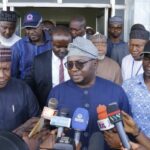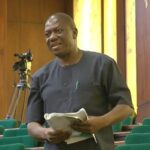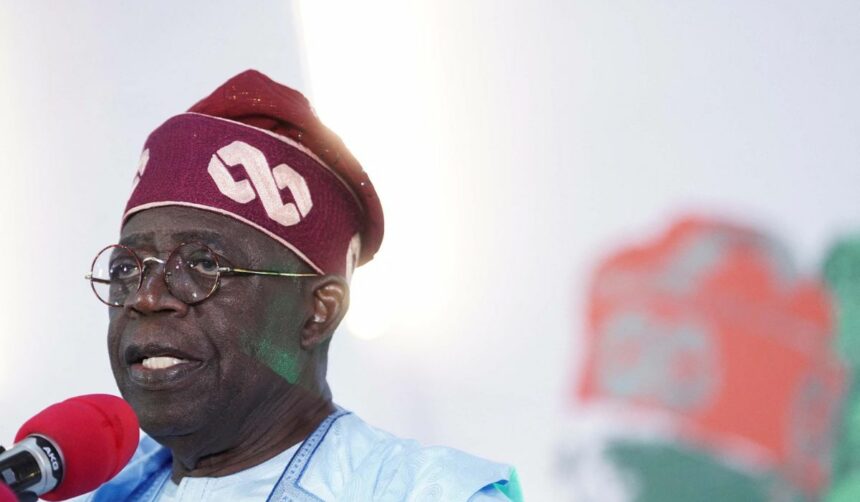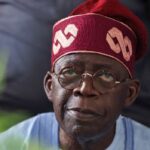Nigeria’s new president, Asiwaju Bola Ahmed Tinubu, kick-started nine economic policies when he was sworn in as the country’s 16th president.
Tinubu, 71, demonstrated his promise to hit the ground running immediately after he assumed office by reeling out his immediate economic plans for the country.
The former governor of Lagos state is known for his far-reaching reforms that rejuvenated the country’s commercial capital when he held away as the chief executive.
In his inaugural speech at the inauguration ceremony attended by thousands of Nigerians and dozens of foreign leaders, Tinubu promised economic prosperity in Nigeria.
Tinubu’s nine economic recovery roadmap are:
1) The declaration of the end of fuel subsidy
2) The reintroduction of the commodity board
3) The immediate mandate of the Central Bank of Nigeria on the achievement of a Unified Exchange Rate and assured house cleaning at the CBN
4) Re-evaluation of the high-interest rates that are anti-investment
5) Focus on infrastructural development to facilitate job creation NATIONWIDE
6) Exponential effort on electricity generation, transmission and distribution with the participation of state governments.
7) Holistic review of all anti-investment and multiple taxation policies in the country
8) The immediate facilitation of repatriation of investment and profits
9) Agricultural Revolution and the full implementation of the “Agbado Policy”
Experts say the president must match his words with actions and begin the country’s economic recovery soon.
This is as Nigeria continues to suffer from inflation, massive debts, unemployment and brain drain.
Tinubu has four years to get it right if he wants to continue in office beyond 2027, when his first term in office is expected to end.










